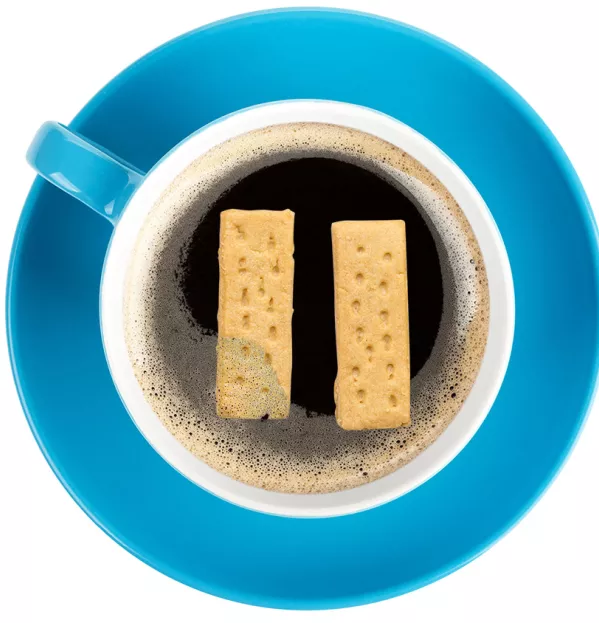It happens every day without fail. By 2.30pm, the cup of ambition you poured yourself that morning has completely run dry. You find yourself staring out of the window. Then down at your keyboard. What is it you were doing again?
All of us are prone to the dreaded mid-afternoon slump - that time of day when your mind wanders and your energy levels plummet. Perhaps you’re even in it right now, as you’re reading this.
These lulls are inconvenient, no matter who we are or what we are doing.
But running out of steam while sitting in front of your laptop at home is quite different from hitting the wall right in the middle of a tricky lesson with Year 9. For one thing, the laptop is not going to take advantage of your fuzzy-headedness and use it to try to get out of doing work.
According to research, though, we can help ourselves to overcome the afternoon slump by learning to take proper breaks and choosing the right type of activity to help us unwind.
Alejandro Lleras, a psychology professor at the University of Illinois, suggests that for a breaktime activity to be effective, first, it needs to not be too emotionally draining and, second, it must not overlap with the work you were doing before. So, chatting with your head of department about an upcoming lesson that you’re worried about isn’t going to cut it; not only would this be stressful, but it would count as “dual tasking”, says Lleras, which can be “really detrimental to performance” (see pages 18-21).
Instead, teachers need to find a way to completely switch off from the classroom and to lose themselves in something else.
That, of course, is not always easy, given the all-encompassing nature of the job.
Even now, during the summer holidays and on the back of what has been a particularly tough year for most people, the temptation to plan, to study, to network will be just too strong for some to resist.
And quite right, too, in a way. Teaching is a profession full of people who are truly passionate about what they do. Just look at the number of online CPD networks and grassroots initiatives that have sprung up during lockdown to help teachers stay connected and keep their fingers on the professional pulse even when they were forced to stay away from the classroom.
That’s not to mention all the additional work that teachers have been doing in recent weeks, going above and beyond for the children they teach and their families: phoning home, dropping off lunches on doorsteps, even staging whole-school concerts and productions via video link to make sure that pupils don’t miss out on end-of-term celebrations.
Going above and beyond is what teachers do best. But we must make sure that it isn’t happening to the detriment of their wellbeing.
The enforced lull of lockdown has been an opportunity for many of us to pause, take stock and reassess how we spend our time. Now that summer is here, there is a further chance for teachers to capitalise on that space to reflect. The annual trip to the Costa del Sol might be off, but there are plenty of ways to unwind right here in Blighty, be it spending time with family, indulging in hobbies that we never get around to doing during term-time or simply taking a moment to stare out of the window and do absolutely nothing for a while.
It’s been a busy year. So, just for the next few weeks, when that afternoon lull hits, why not embrace it, instead of trying to fight it? Go ahead, teachers: you’ve earned it.
This article originally appeared in the 31 July 2020 issue under the headline “It’s time to press pause and take stock - it’s been a hell of a year”
